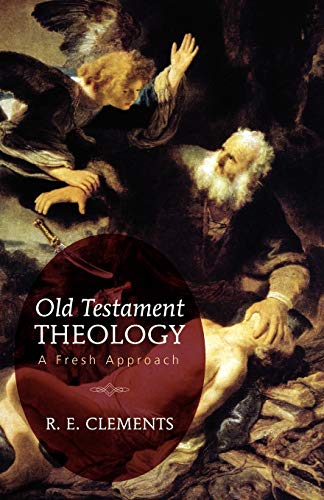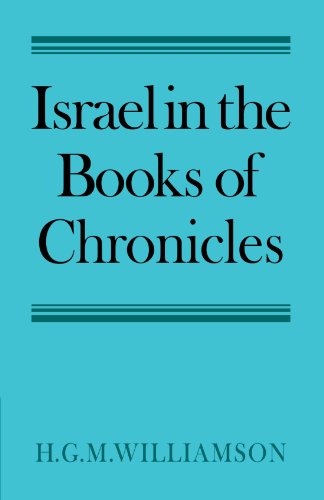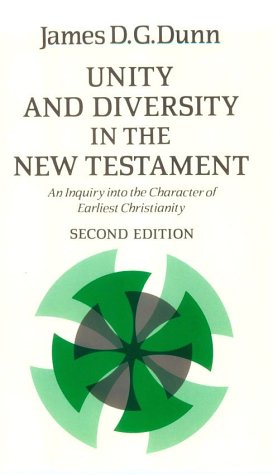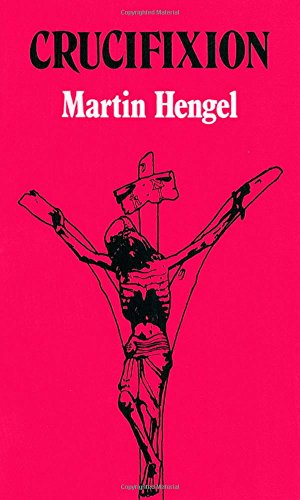Homosexuality and the Church
Written by Richard F. Lovelace Reviewed By Jay H. GrimsteadHomosexuality and the Church is a skillfully researched and written book which may well be heralded as the definitive work on the subject for the decade of the 1980’s. Lovelace, who teaches Church History at Gordon Conwell Theological Seminary in the USA, approaches the subject with a heart of compassion and with a wealth of information and documentation by virtue of his membership in a research group dealing with homosexuality in the Presbyterian Church USA.
In the book one encounters a broad and representative look at the spokesmen for both the church’s traditional viewpoint and for the gay liberation viewpoint as well. For a man who subscribes firmly to the traditional position, those who stand for gay liberation will have to admit that he bends over backwards to be honest and compassionate with the gay viewpoint he opposes. The author also does a very thorough job of presenting the biblical evidence in support of the conclusion that homosexual practice is a clear-cut sin. He further argues that the only proper response to homosexuality is repentance and acceptance of Christ’s grace and the Holy Spirit’s power of deliverance.
Probably the most useful portions of the book will prove to be a section at the end of chapter 5 dealing with ‘Ministering and Mission among Homosexuals,’ and a very creative appendix consisting of a set of questions and answers which could be called a ‘Catechism for Instruction on Homosexuality.’
Lovelace maintains that ‘the Bible’s teaching on human sexuality is not occasional and fragmentary, but is a central, pervasive, and consistent body of doctrine running through the whole structure of biblical ethics’ (p. 103). Furthermore, ‘it is no accident therefore that every form of sexual expression outside the marriage covenant which is the center of the family is explicitly or implicitly condemned in the remainder of Scripture’ (p. 104). Also, Lovelace adds, ‘a failure of discipline here would be criminal inconsistency which could endanger the spiritual lives of homosexual persons and the rest of the church’s membership’ (p. 120).
In this reviewer’s estimate there are two weaknesses which may render the book somewhat less helpful tool than it might otherwise have been. First, there seems to be present an unsubstantiated optimism that practicing homosexuals in the mainline denominations will either accept the traditional viewpoint and repent, or that they will transfer into a homosexual denomination. What the author seems to ignore is the virtual impossibility of a denomination or seminary doing anything other than being captive to the secular culture once it has lost confidence in the Bible as God’s authoritative revelation. Unless a denomination which has strayed from its original moorings returns to the tenets of historic Christianity it is vain to hope for reversals in an accelerating movement toward total relativism.
Second, although serious dialogue on many issues is essential for the ongoing life of the church, it appears inconsistent with the character of Christianity to engage in serious debate as to whether or not it is proper to ordain to the ministry of the holy God those who are self-acclaimed, practicing homosexuals.
Many of us who have watched this discussion take place within certain denominations, seminaries and organizations, have been shocked at the spectre. What mystifies us is why those who hold to the traditional biblical viewpoint on homosexuality tacitly consent to the possibility of such practice being biblical, righteous and healthy by engaging in serious debate on the subject. Any Christian who lives and thinks under the control of the Word of God will see homosexuality as an abomination and will strive to promote repentance, not protracted discussion, as the only proper biblical response. Thus, for a denomination or a seminary to allow itself to stage a full scale debate on the subject (where the outcome is actually in question and God’s people are awaiting an ‘answer’ as to whether or not homosexuality is biblically justified) is itself a demonstration of having already slid far down the slippery slide of epistemological and moral relativity. The existence of a serious debate on homosexual sex for Christians should alarm believers as much as hearing of a church or school holding a serious debate on the biblicalness or unbiblical-ness of pornography or rape. For some reason our very biblical and knowledgeable brother Lovelace does not seem to be appalled at the very idea of even conducting the kind of debate in which he has participated.
One can hardly imagine the apostle Paul, Calvin, Wesley, Edwards or Machen displaying any other response to the practice of homosexual ordination than forthright outrage.
In spite of these two criticisms, the book will undoubtedly remain a classic in the field so long as there is serious discussion on homosexual ordination in the church.
Jay H. Grimstead
Director of the Reformation Study Centre in California and Field Director of the International Council on Biblical Inerrancy







